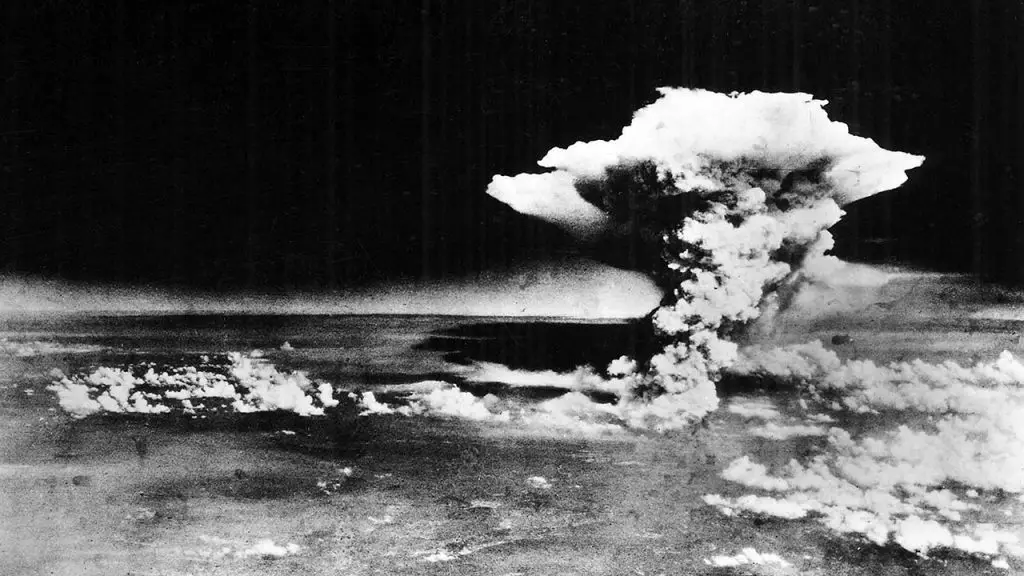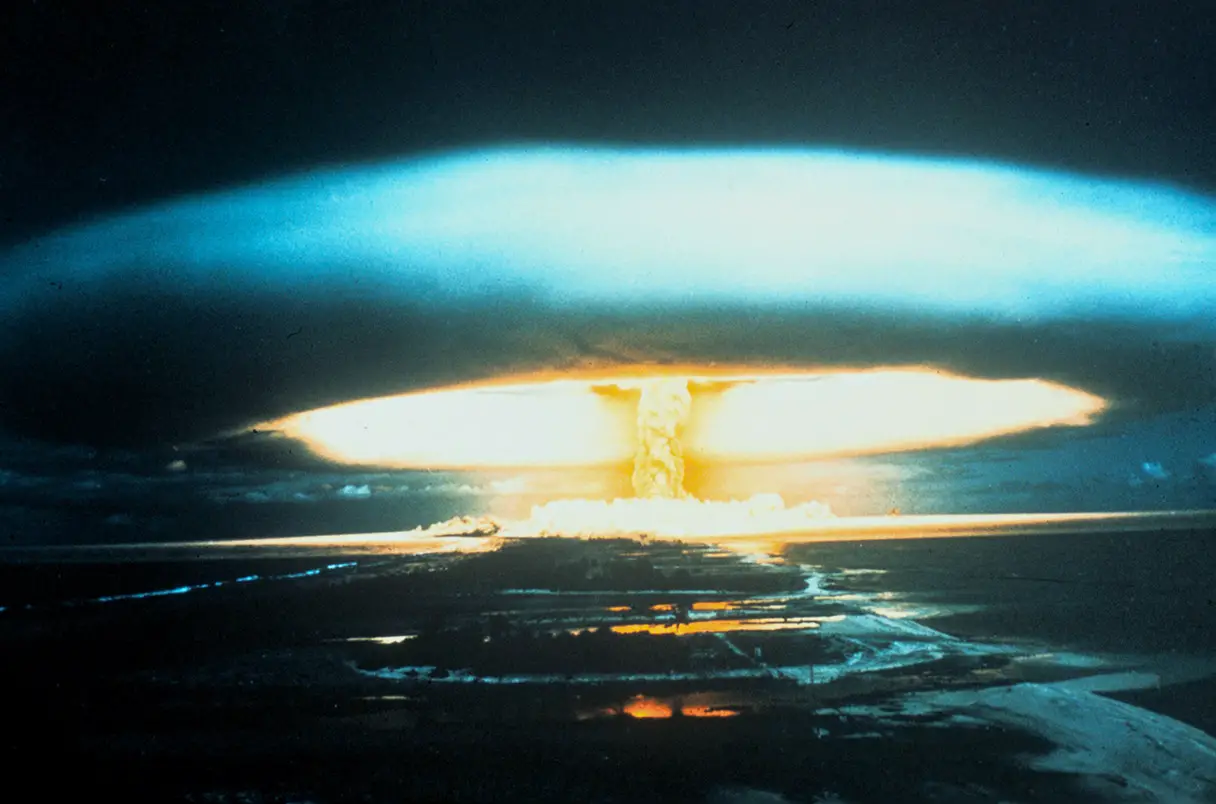The question of whether or not Can New Zealand survive a nuclear war is a complex one, as it depends on a variety of factors such as the size and location of the nuclear blasts, the country’s evacuation and emergency response plans, and the extent of international aid and support that would be provided in the aftermath.
One of the key concerns in a nuclear war scenario is the potential for radioactive fallout, which can contaminate the air, water, and soil, and lead to serious health consequences for those exposed. New Zealand, being an island nation, would likely be at a disadvantage in terms of protecting its population from fallout, as the winds and ocean currents could easily carry radioactive particles to its shores.
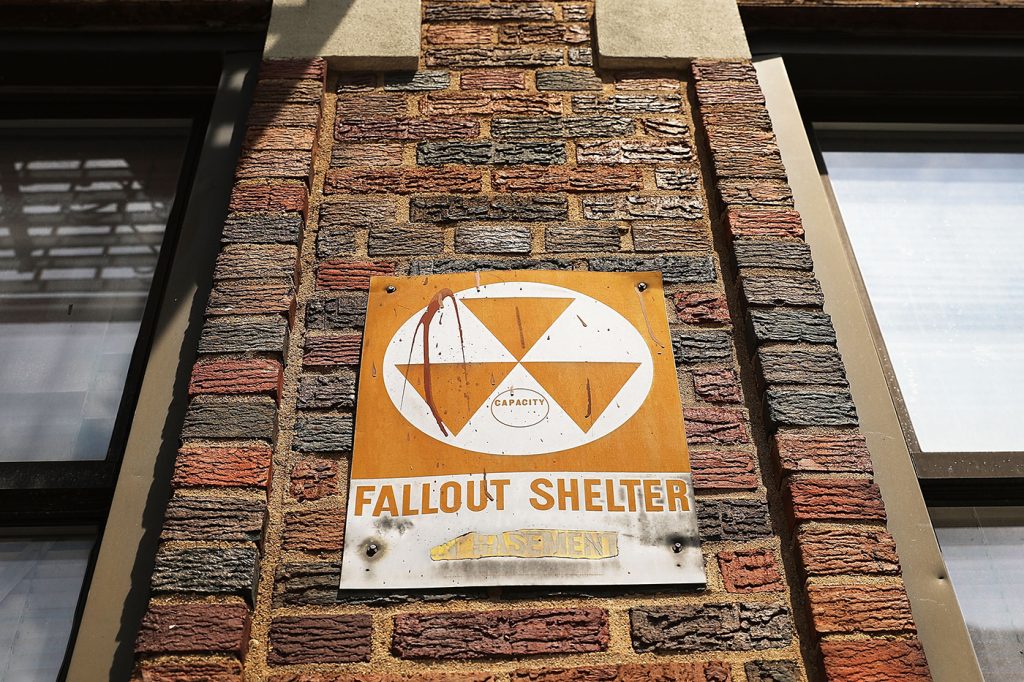
However, it’s worth noting that New Zealand is not a primary target for nuclear attack due to its geographic location and lack of strategic military or economic significance. The likelihood of a direct attack on the country is low, but the possibility of radioactive fallout from nuclear blasts in nearby countries cannot be ruled out.
In the event of a nuclear war, the government of New Zealand would likely implement an evacuation plan to move as many citizens as possible away from potential fallout zones. The country also has a number of underground shelters and bunkers that could be used to protect people from radioactive fallout. It’s important to note that these shelters are not designed to withstand direct nuclear blasts, but they can provide some level of protection from fallout.
As tensions between nations continue to rise, the possibility of a nuclear war becomes increasingly concerning. New Zealand, like any other country, would not be immune to the devastating effects of such a war. However, with proper planning and preparation, it is possible for New Zealand to survive a nuclear war.
One of the key factors in New Zealand’s survival would be the country’s geographical location. Located in the Southern Hemisphere, New Zealand is relatively far from the major nuclear powers, reducing the likelihood of direct attacks. Additionally, the country’s distance from major population centers and industrial areas would also reduce the risk of fallout and secondary damage.
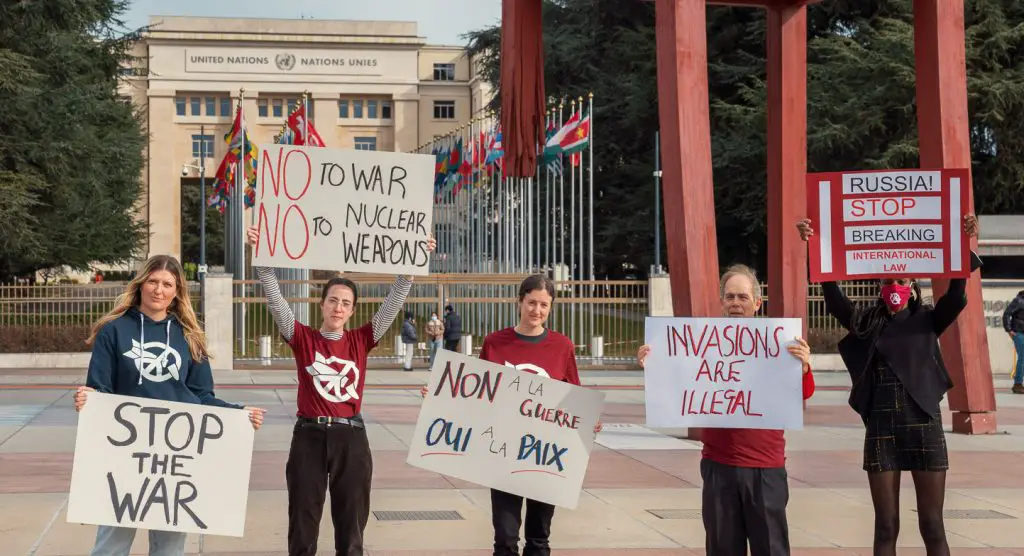
Another important factor in New Zealand’s survival would be the country’s civil defense infrastructure. New Zealand has a well-established civil defense system in place, including emergency management plans and procedures, evacuation routes, and emergency shelters. These measures would play a crucial role in minimizing the damage and loss of life in the event of a nuclear war.
Another important consideration is the provision of medical aid and supplies in the aftermath of a nuclear war. New Zealand would likely rely on international aid to provide the necessary medical resources, such as anti-radiation drugs and equipment to treat burns and other injuries caused by the blasts.
The economic impact of a nuclear war on New Zealand would also be significant. The country’s economy is heavily reliant on exports, and a nuclear war would likely disrupt global trade routes, making it difficult for New Zealand to continue exporting its goods. Additionally, the destruction caused by nuclear blasts and the subsequent cleanup efforts would be costly, putting a strain on the government’s finances.
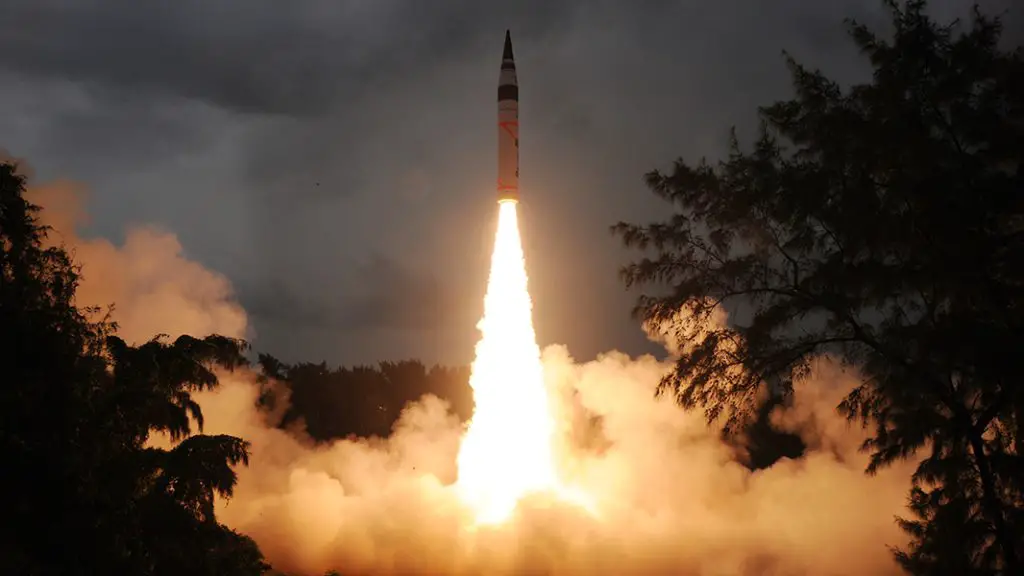
In conclusion, while New Zealand is not a primary target for nuclear attack and would likely not be directly hit, it could still be affected by radioactive fallout from nuclear blasts in nearby countries. The government has evacuation plans and underground shelters in place to protect citizens from fallout, but the provision of medical aid and the economic impact of a nuclear war would still be major concerns. Ultimately, the best way for New Zealand to survive a nuclear war is to prevent one from happening in the first place, through diplomatic efforts and international cooperation to reduce the threat of nuclear weapons.
